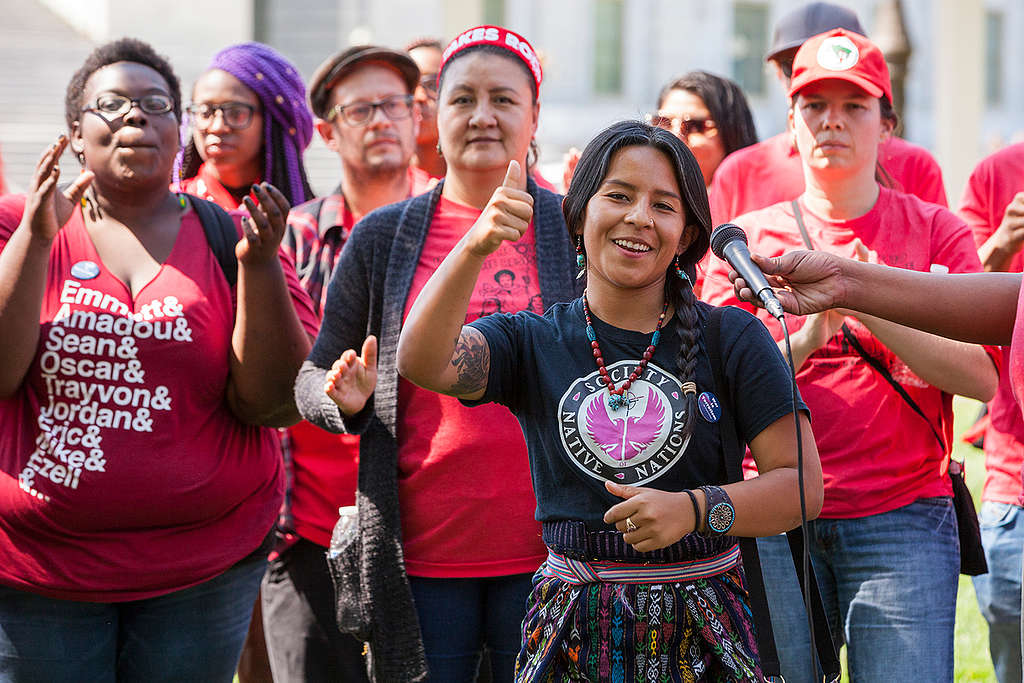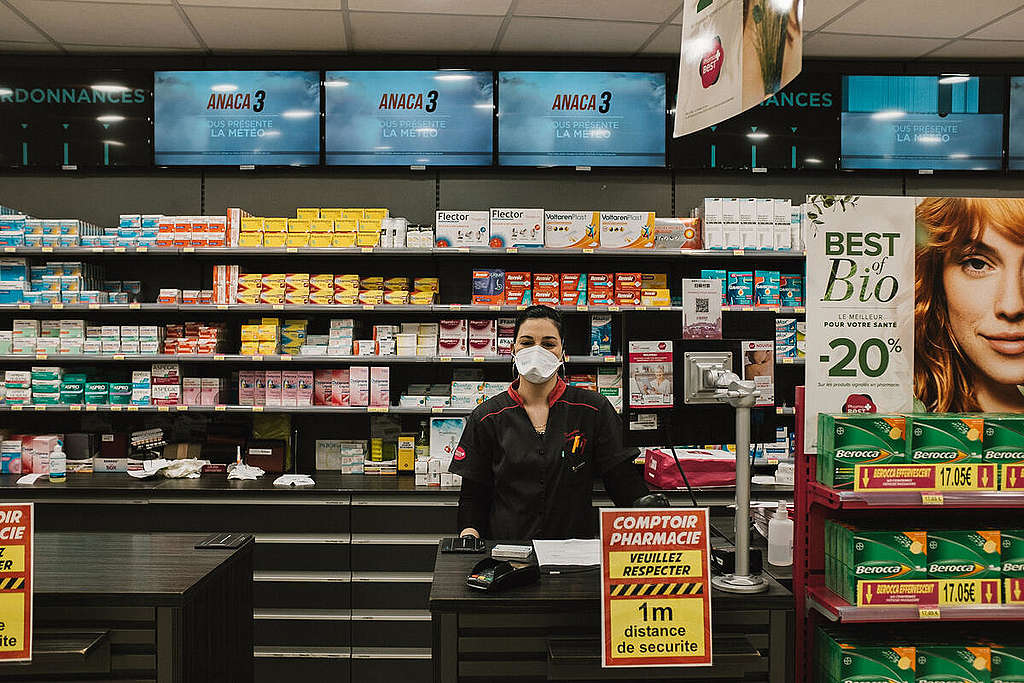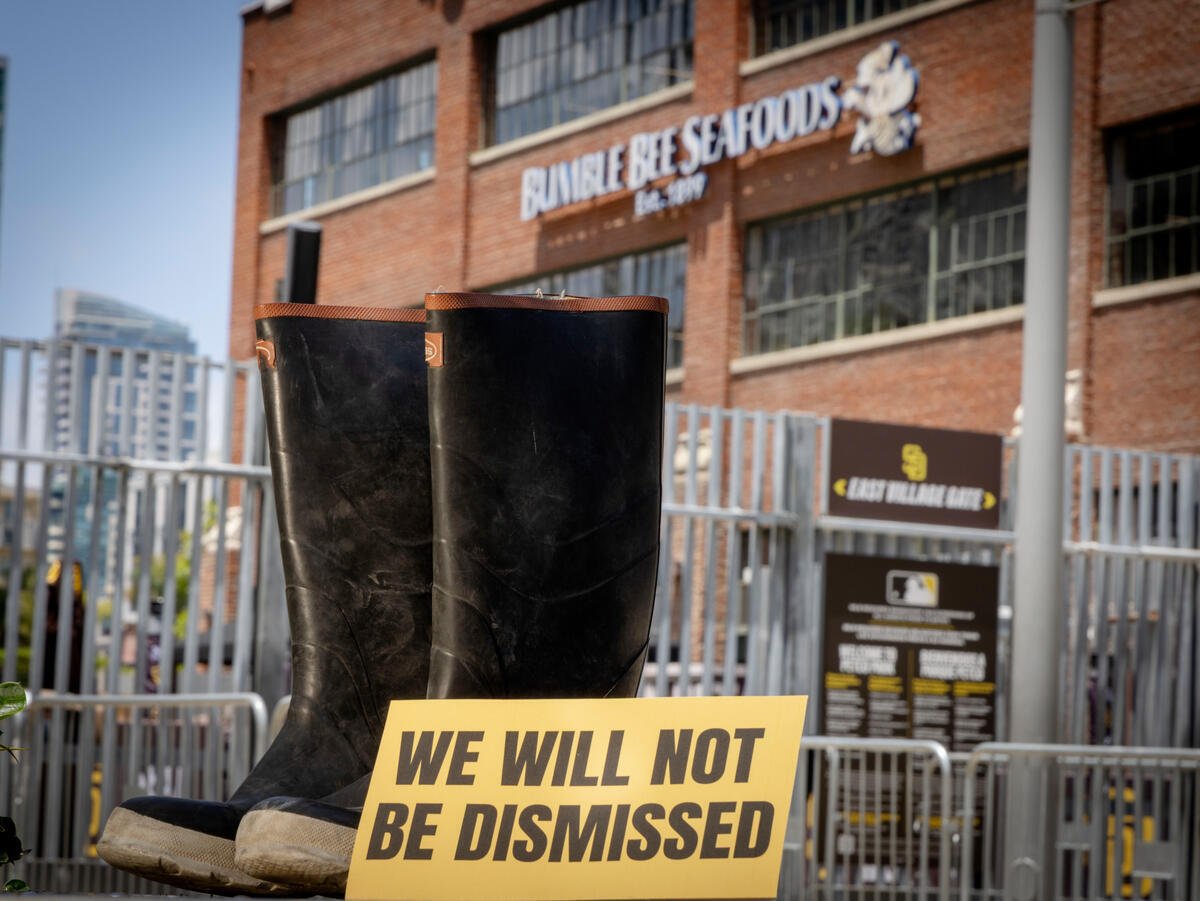This acute health crisis will show us plenty of lessons for addressing the chronic climate emergency. Choices we make today will shape our society, economy, health, and climate for decades to come.

After the hurt and grief, we hope to come out of COVID-19 stronger together and rebuild our societies better.
People around the world are proving that they can and will do whatever it takes to help curb a crisis that threatens us all. Communities have mobilised where governments have failed. In times of crisis, we are rediscovering our social nature and the transformative power of mutual aid.
Together we’re calling on governments to put the health of people first. This is the time to be decisive in saving lives and bold in creating a healthier, fairer future through a just recovery. Financial aid packages must be invested in supporting the people who need it most, not used to bail out destructive, polluting industries. Attempts to roll back social and environmental protections must be resisted.
This is precisely the kind of action that can also tackle the climate crisis. If, during the current health crisis, we show that we are able to look out for each other, we can take this strength further into the climate fight. Our collective character and future potential will be defined by the choices we made to protect the most vulnerable. Not how we protect industries.
It is crucial that management of this pandemic does not undermine efforts to stop the climate crisis. Rather than stumble from one emergency to the next, we need to tackle the health, climate and inequality crises in tandem and build our resilience to future shocks. The COVID-19 pandemic is showing just how fragile our societies, economies and democracies can be.

Right now, there is a dangerous perception that the Coronavirus could be good news for the climate.
Over the course of just three weeks this February, emissions in China fell by the equivalent of New York state’s emissions for an entire year. Cities from Delhi to Madrid and New York are also reporting cleaner air and a drop in pollution levels. But experts warn that unless we act now such impacts are likely to be short-lived and hopes for climate benefits from the slowdown quickly dashed.
Tackling one crisis can’t be done at the expense of another one.
History suggests that the biggest polluters will pump their production into the highest gear as soon as this pandemic is under control. They’ll quickly make up for the emissions that we saw decline earlier, and governments might even allow them to pollute more in order to ramp up production faster. In an effort to create growth, some may be inclined to stimulate climate-damaging industries; fossil-fuel companies, aviation, and industrial agriculture.
But it doesn’t have to be this way.
Disruptive historical moments have also often fast-tracked progressive changes. And we need to make sure that happens this time too.
The financial aid packages that various countries are working on must be an active tool in a just and green transition. They must address the underlying issues that make our societies so vulnerable and help us transition away from the current social and economic model which drives inequality and environmental destruction, and leaves us unprepared when crisis hits.
They must be invested in a safer, fairer, cleaner world.
This means investing in high quality jobs that will sustain people even during times of crisis, and in treating public services – healthcare for all, education for all, social care for all, accessible public transport for all, and access to cultural institutions for all – as essential public goods.
At the heart of Greenpeace’s work is the realization that the struggle for a green and just future requires fundamental changes in the way we relate to nature and each other. We need profound shifts – not gradual steps and modest tweaks to the status quo. And to get that we need a global movement to make this a leap moment for compassion, cooperation and equity.
Much like the climate crisis, the Corona crisis is requiring us to change our habits. Maybe it can teach us that doing so doesn’t have to mean loss and deprivation, but a new opportunity for a better world.
Helene Hagel is a climate and environmental policy leader at Greenpeace Denmark.
A different version of this article was originally published in Dagbladet Politiken in Danish on March 16, 2020.



